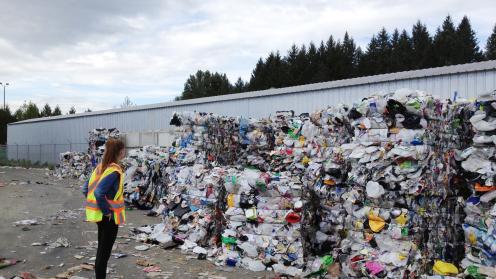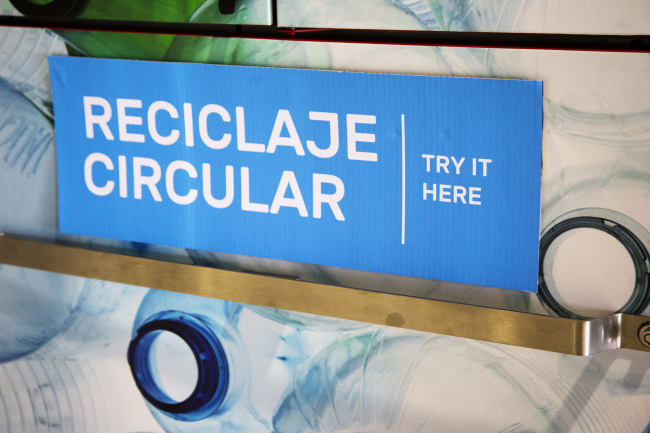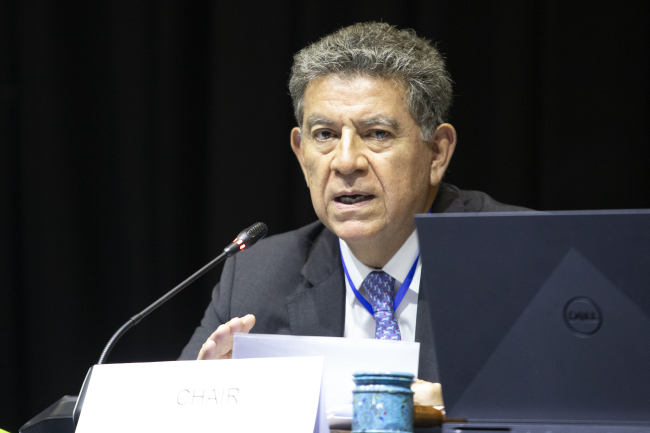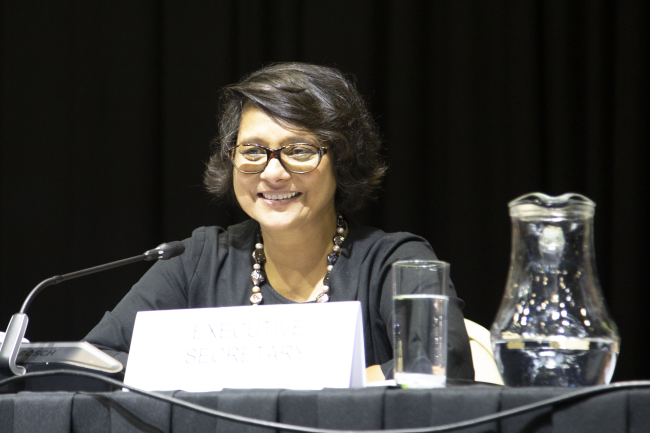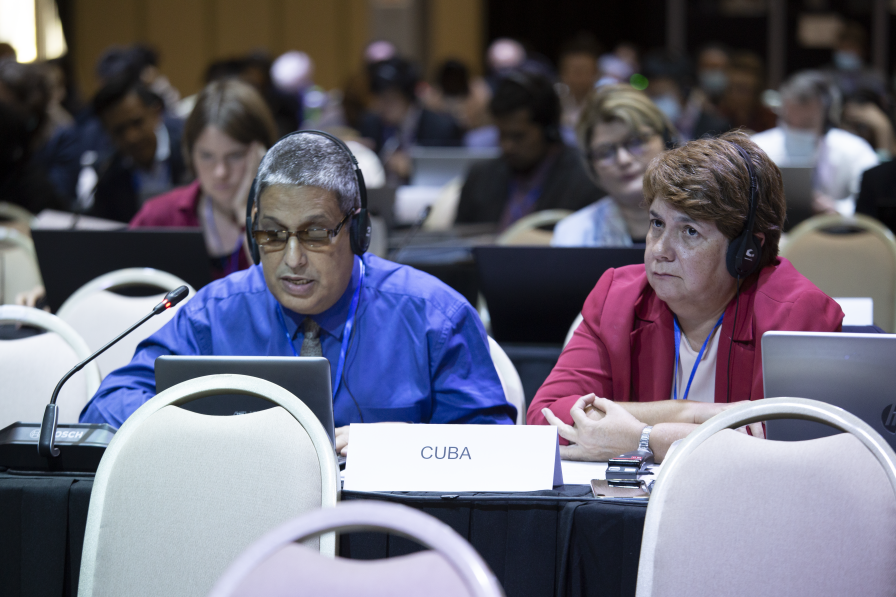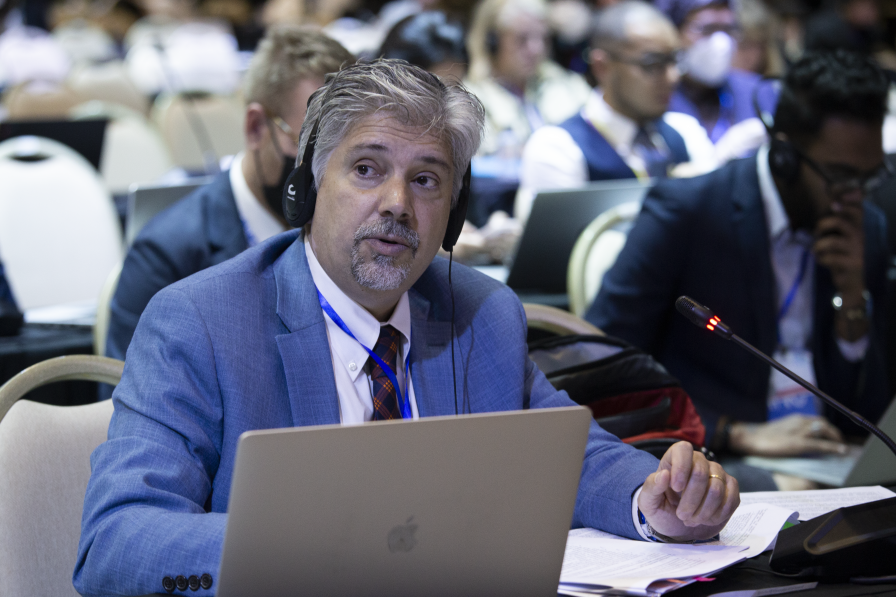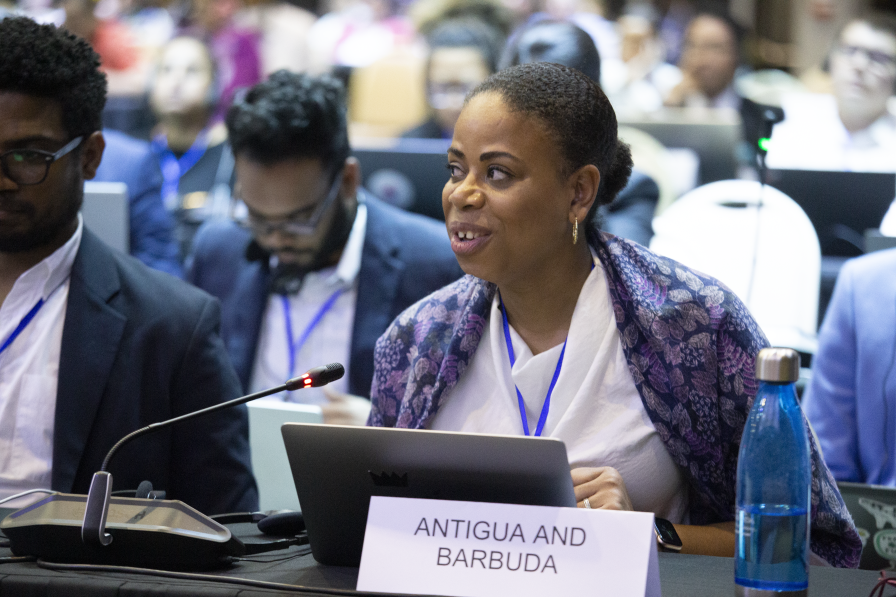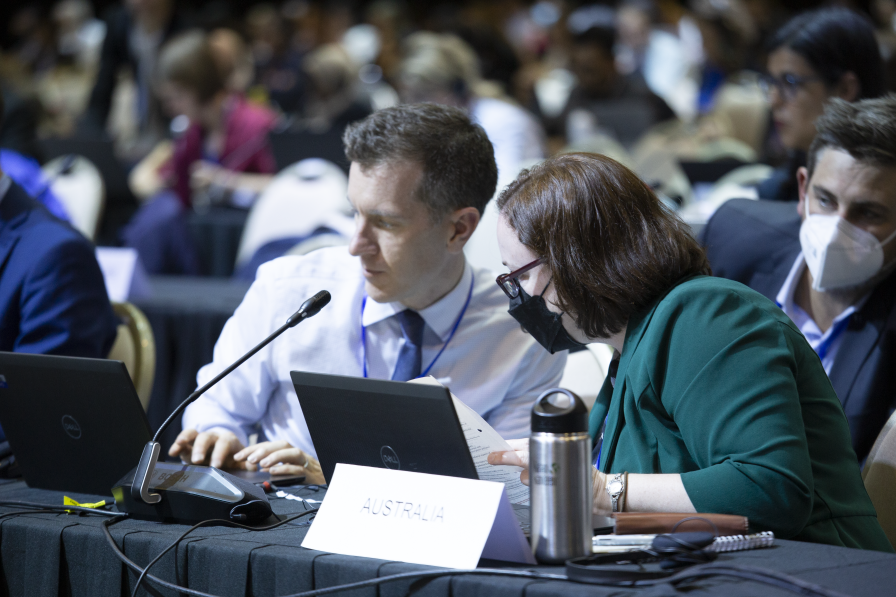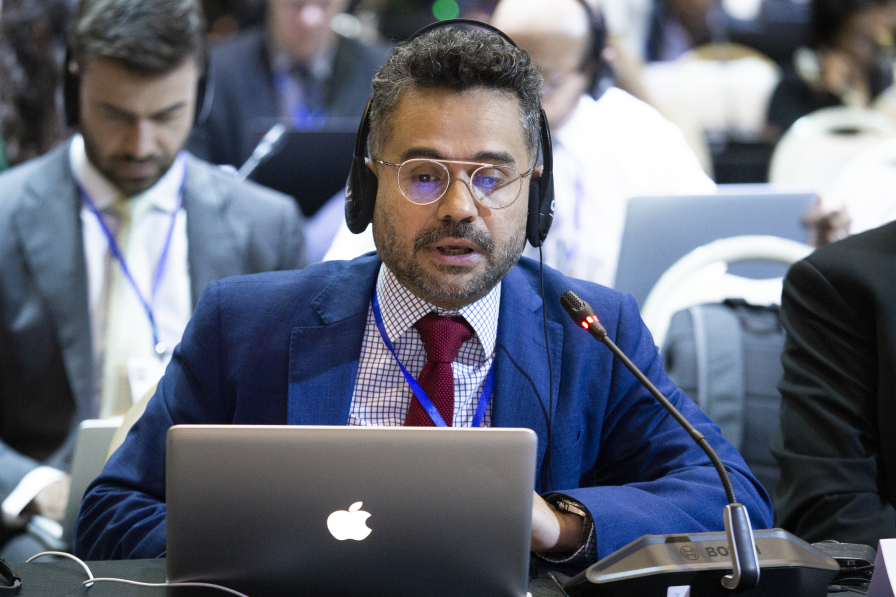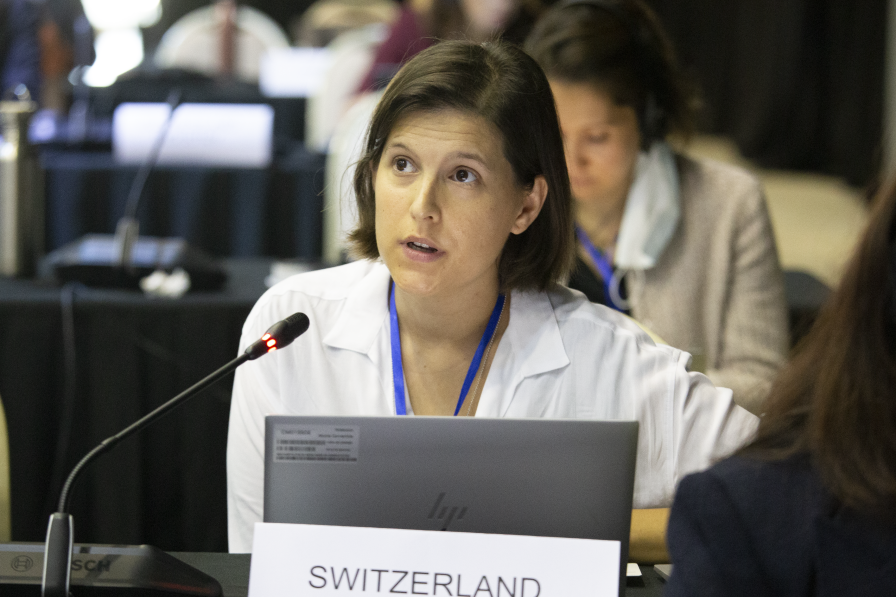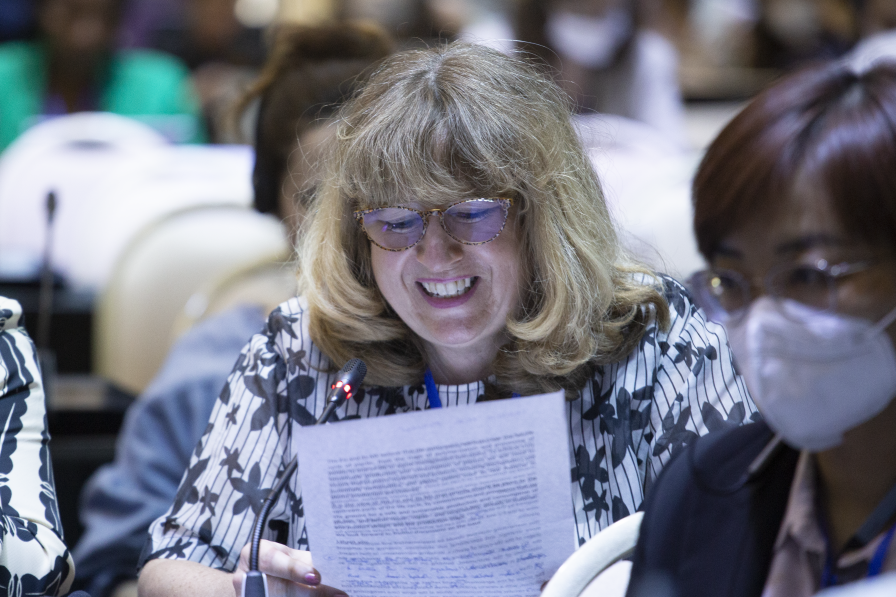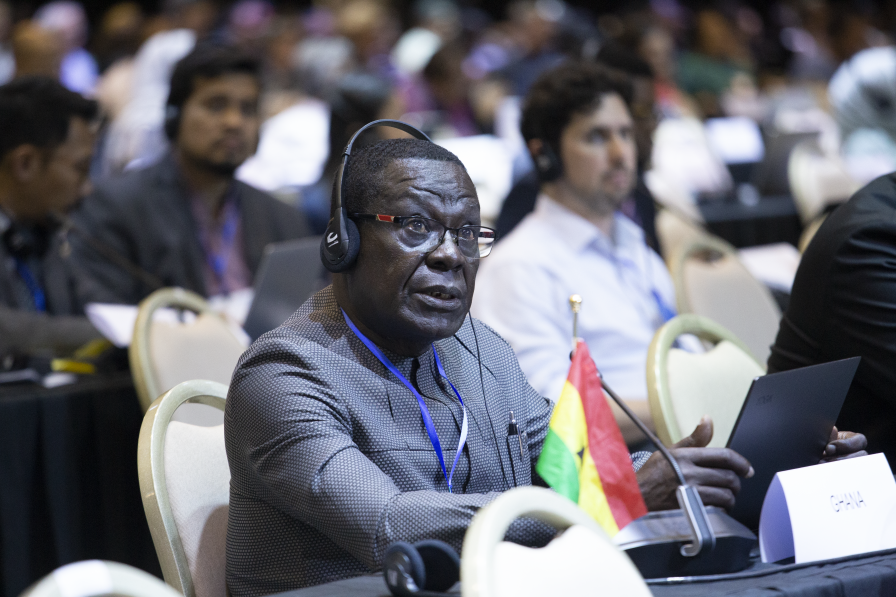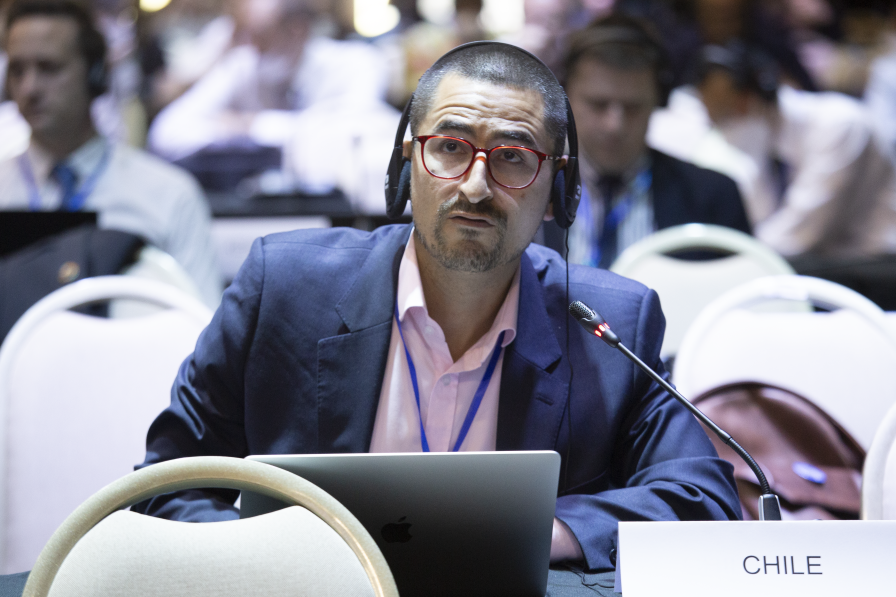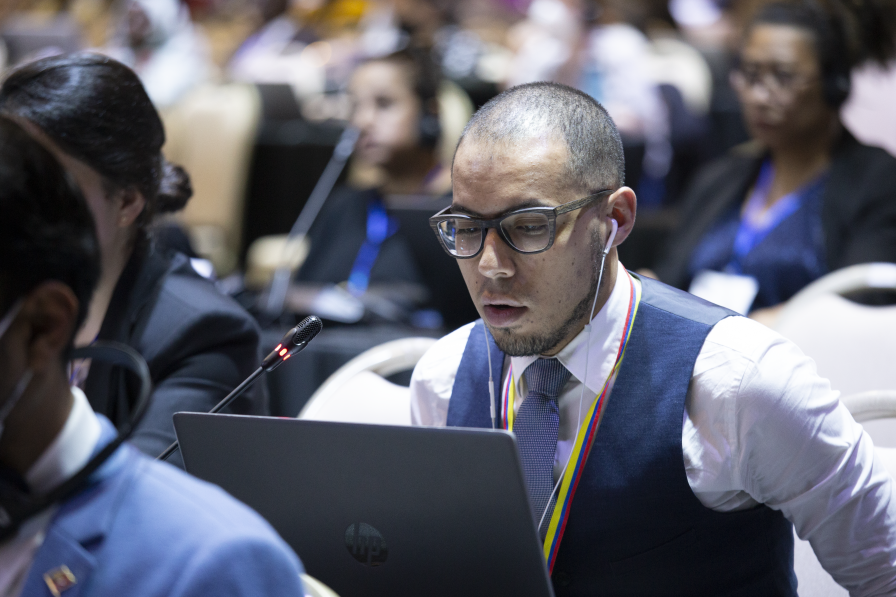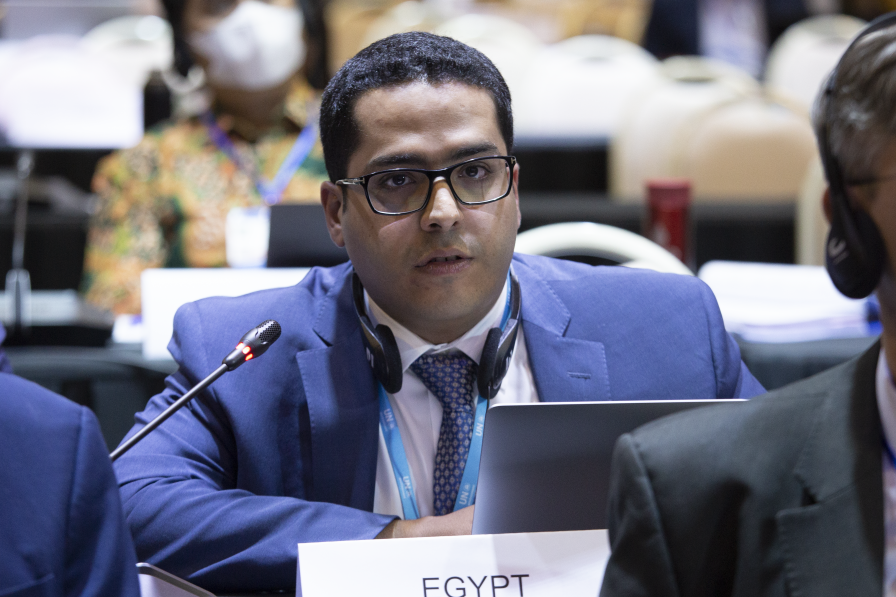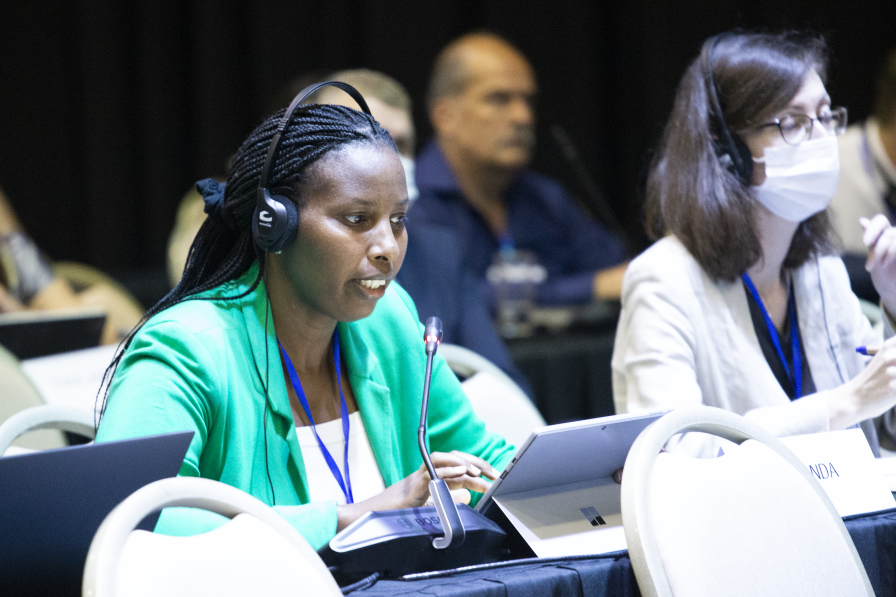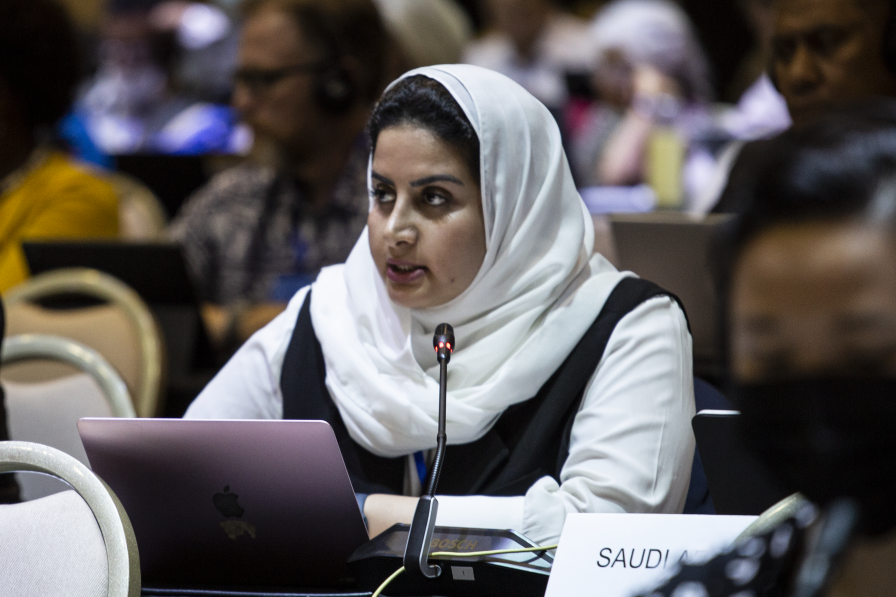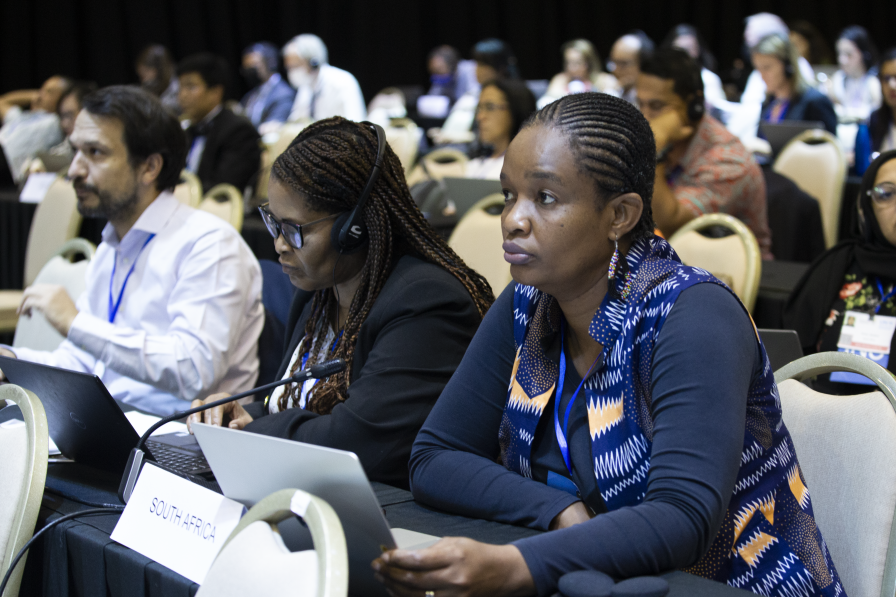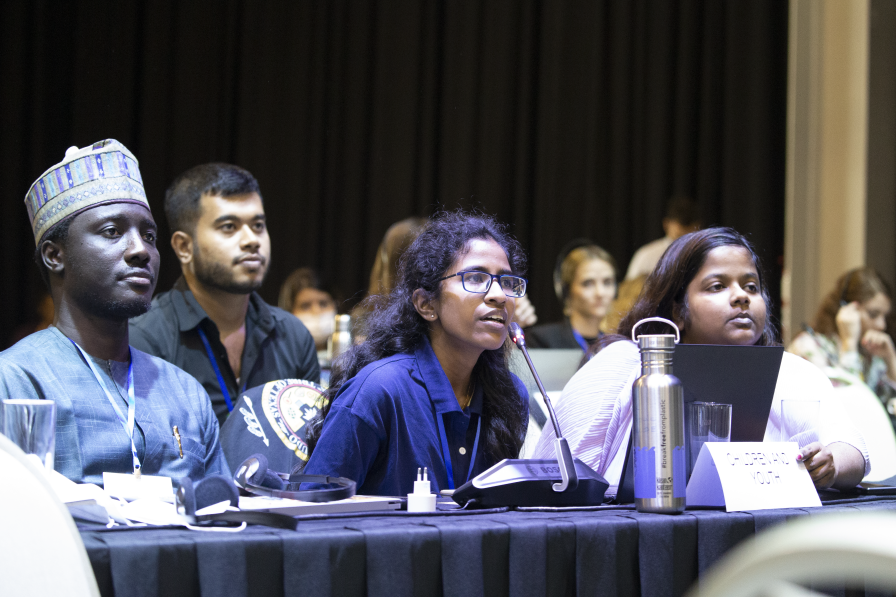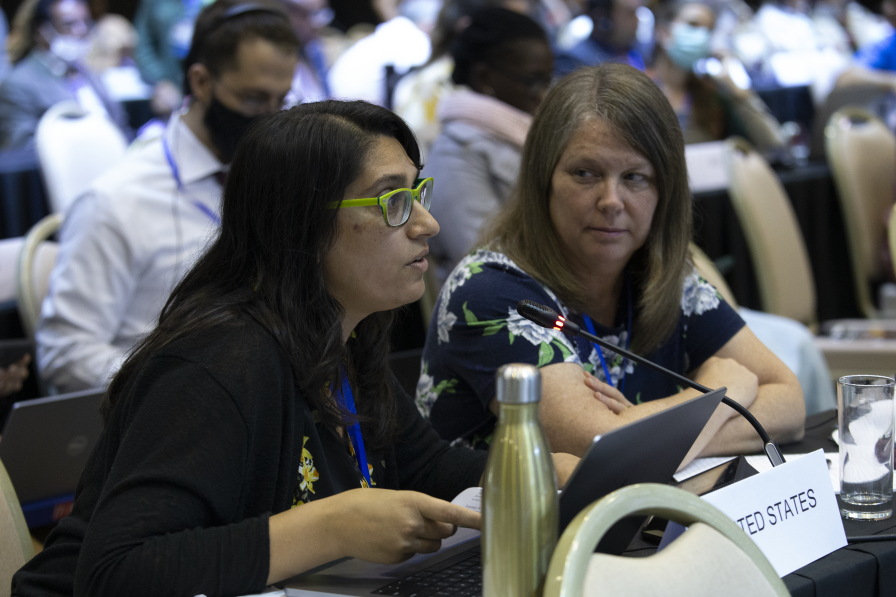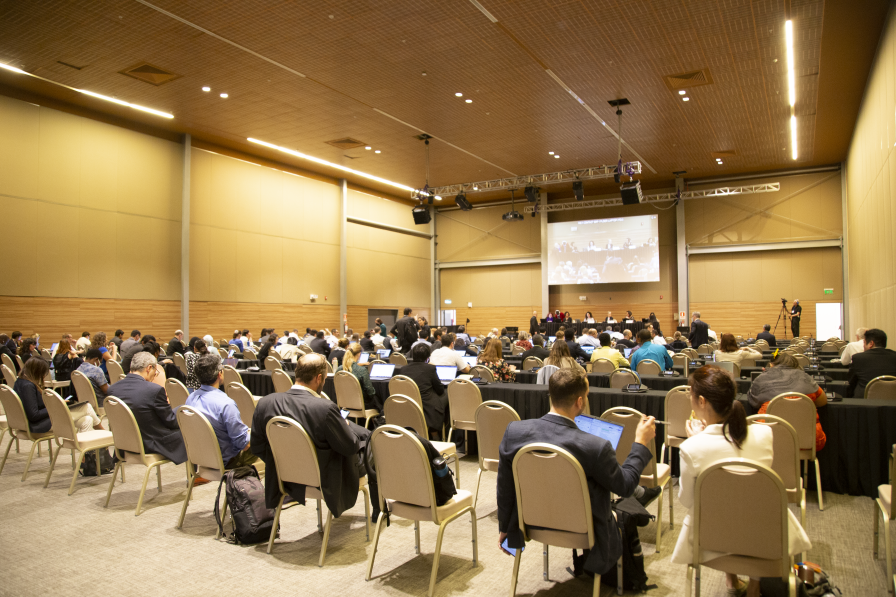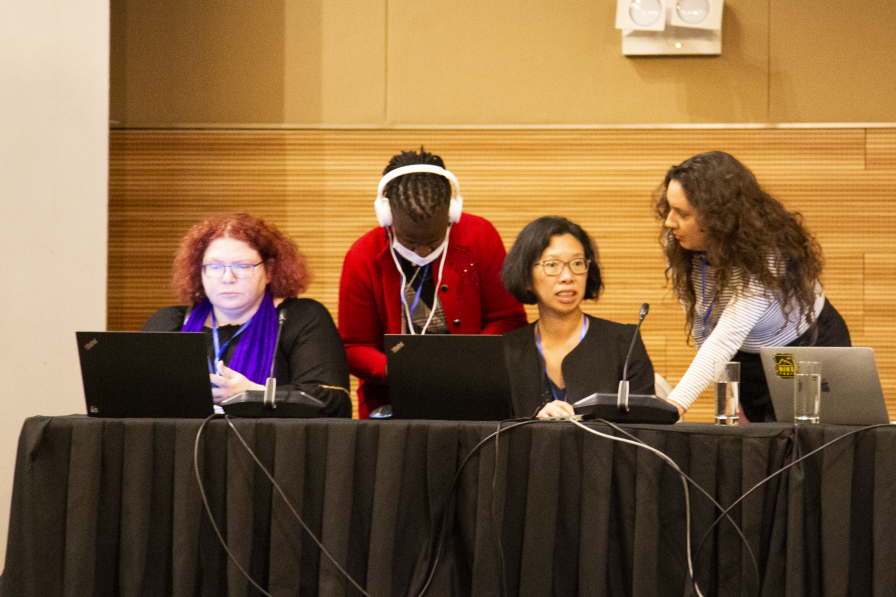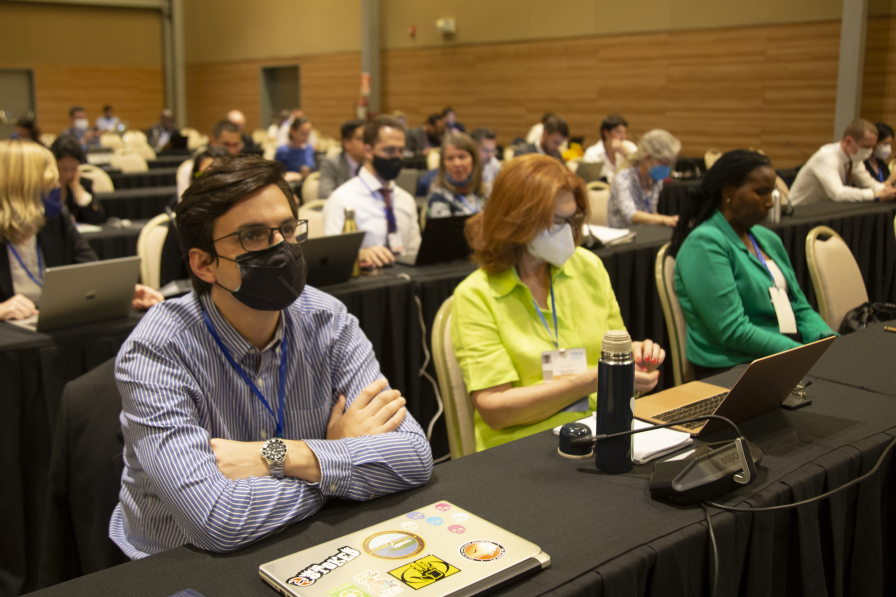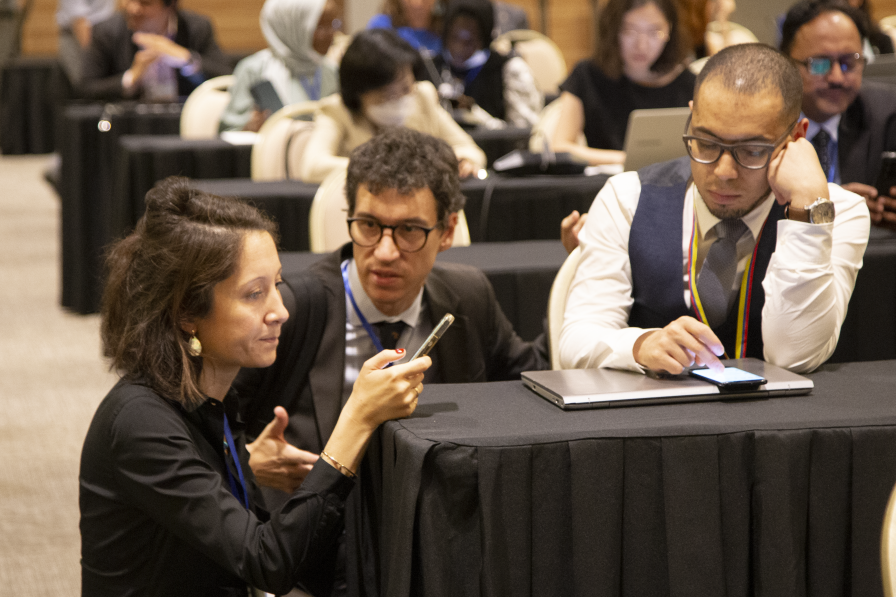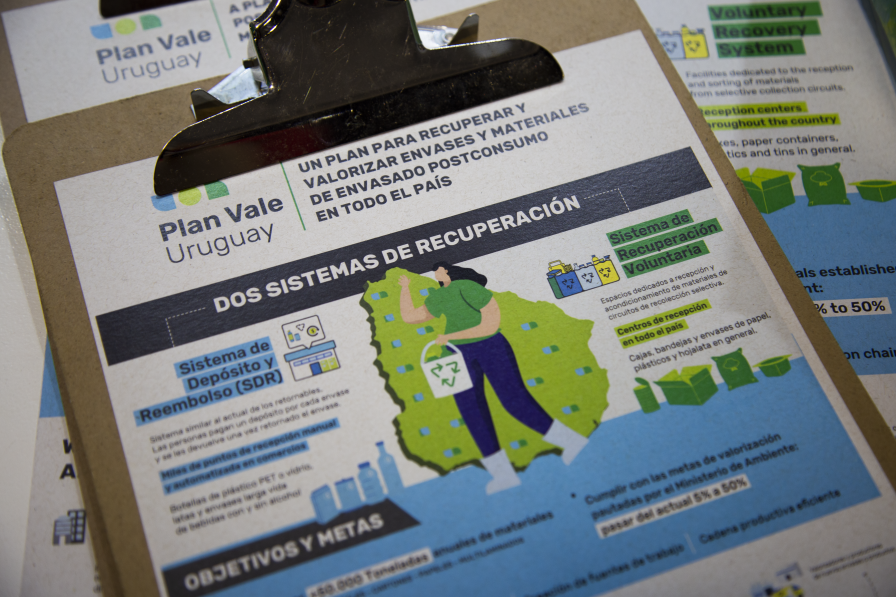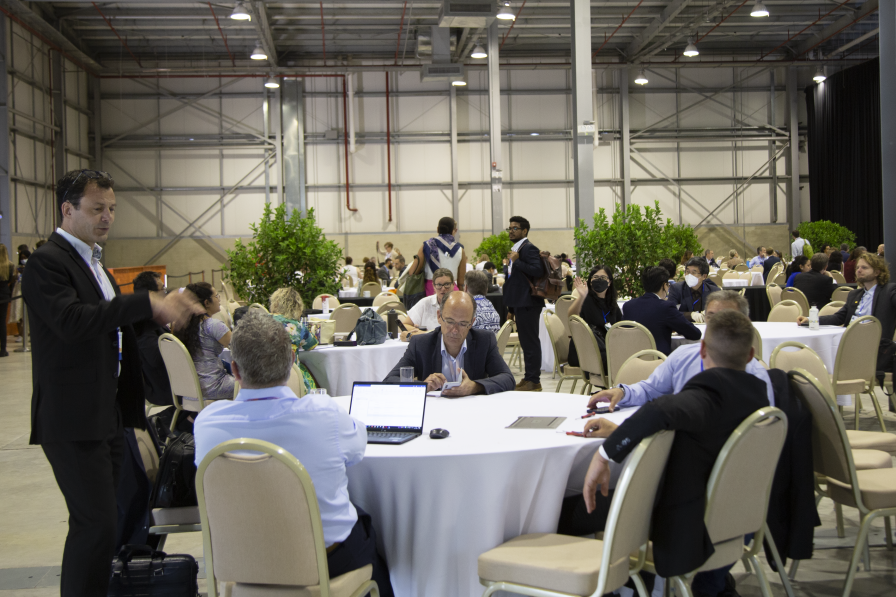Delegates began to share their concrete visions on what they believe the future plastic treaty could look like at the first meeting of the Intergovernmental Negotiating Committee (INC-1) to develop an international legally binding instrument (ILBI) on plastic pollution, including in the marine environment, in Punta del Este, Uruguay.
Want to dive deeper? Read the full Earth Negotiations Bulletin daily report.
Led by INC Chair Gustavo Meza-Cuadra, Peru, delegates began discussions on the elements that will shape the future treaty, including:
- scope, objectives, and structure of the ILBI;
- core obligations, control measures, voluntary approaches, and national action plans; and
- means of implementation.
After an initial round of highlighting perspectives on the scope and structure of the new instrument, INC Chair Gustavo Meza-Cuadra (Peru) proposed, and delegates agreed, to establish an informal group to work on possible options of the ILBI, as well to identify the modalities for stakeholder engagement at the INC. This group was co-chaired by Daniela García, Ecuador, and Erin Silsbe, Canada, and met during the lunch break and into the evening.
In their discussions on core obligations and voluntary approaches, delegates diverged on whether the global instrument would contain mandatory requirements for all parties to the new instrument, binding on states, or whether national measures would be voluntary but coupled with mandatory global reporting expectations. Many supported a flexible instrument that could evolve with technological advancements and some proposed nationally determined contributions.
Further divergences emerged in discussions on means of implementation, with the source of funding coming into sharp focus. While many developing countries shared their expectations that developed countries would provide new, adequate, and predictable financial resources for implementation, some developed countries differed. They pointed to novel ways of fundraising for the implementation of this new instrument, including taxes imposed on plastic products or derived from extended producer responsibility as well as other schemes involving private investment.
To receive free coverage of global environmental events delivered to your inbox, subscribe to the ENB Update newsletter.
All ENB photos are free to use with attribution. For photos please use: Photo by IISD/ENB | Angeles Estrada Vigil
